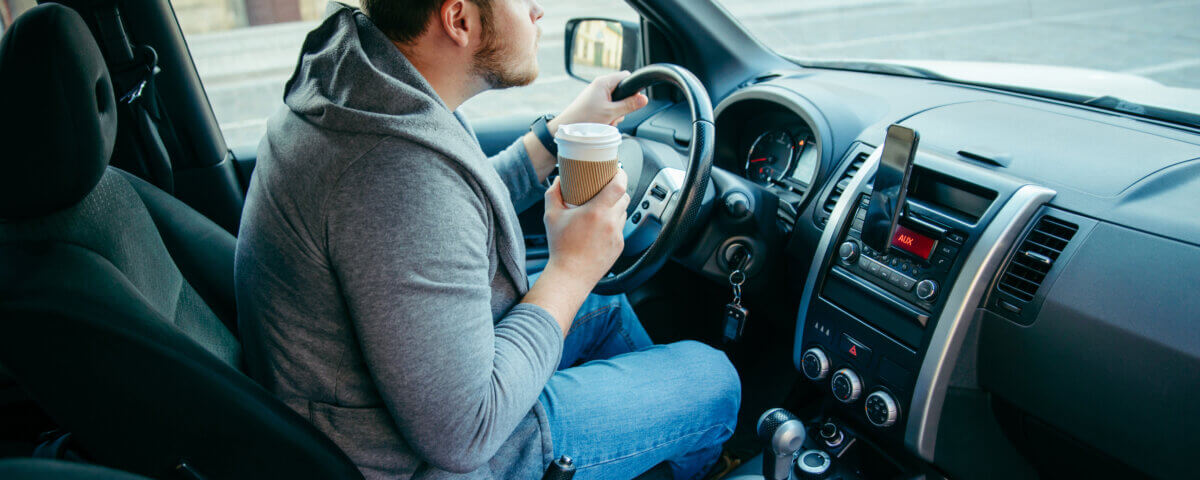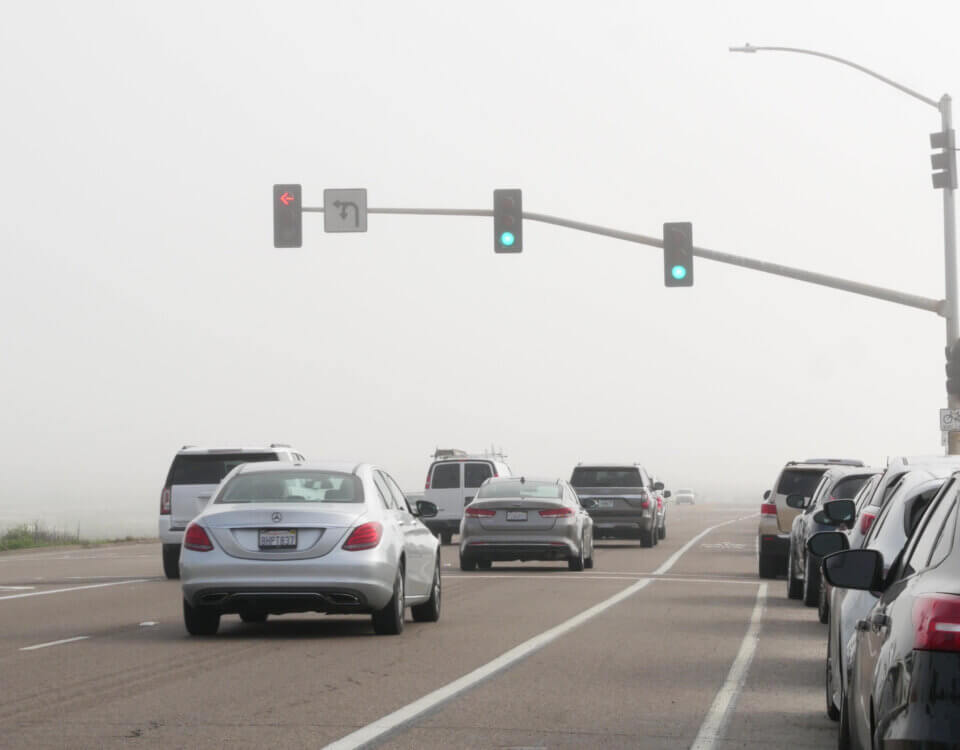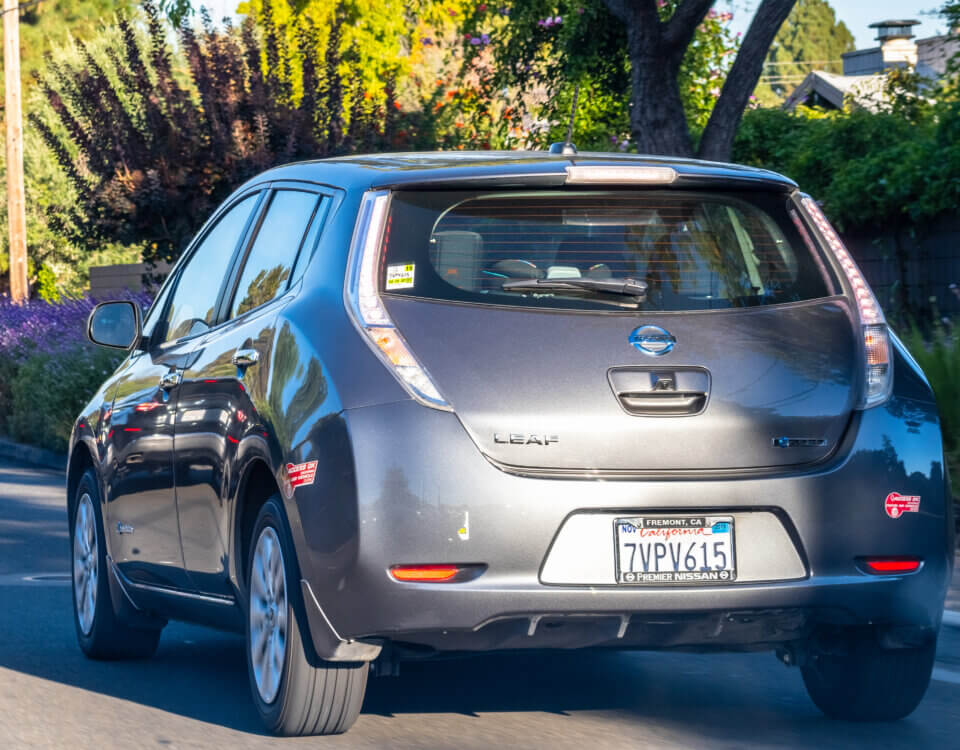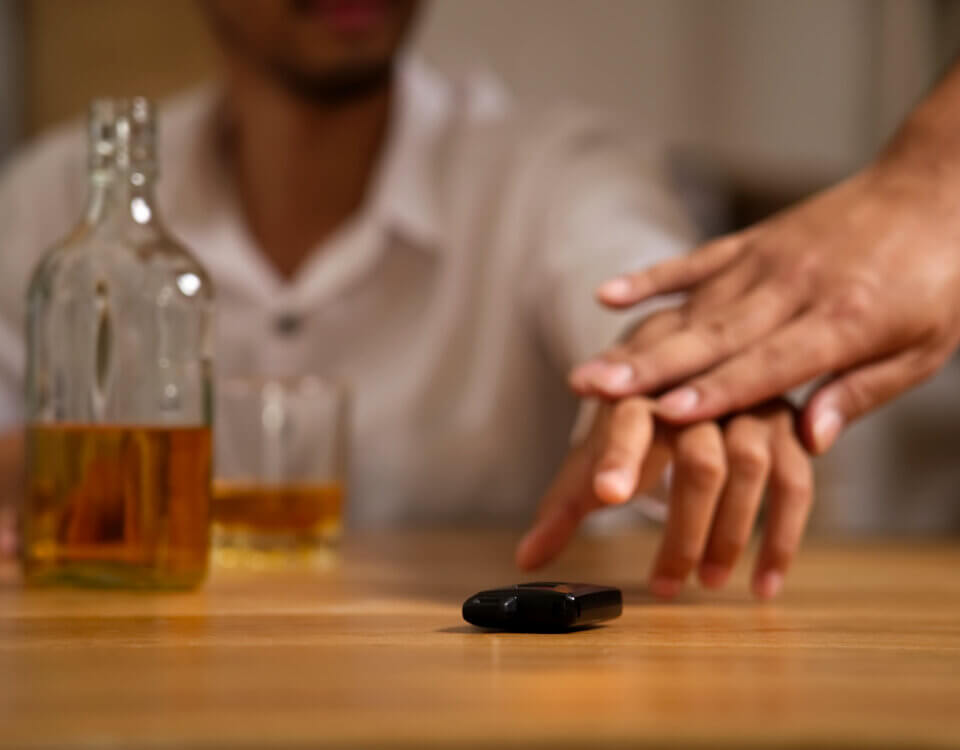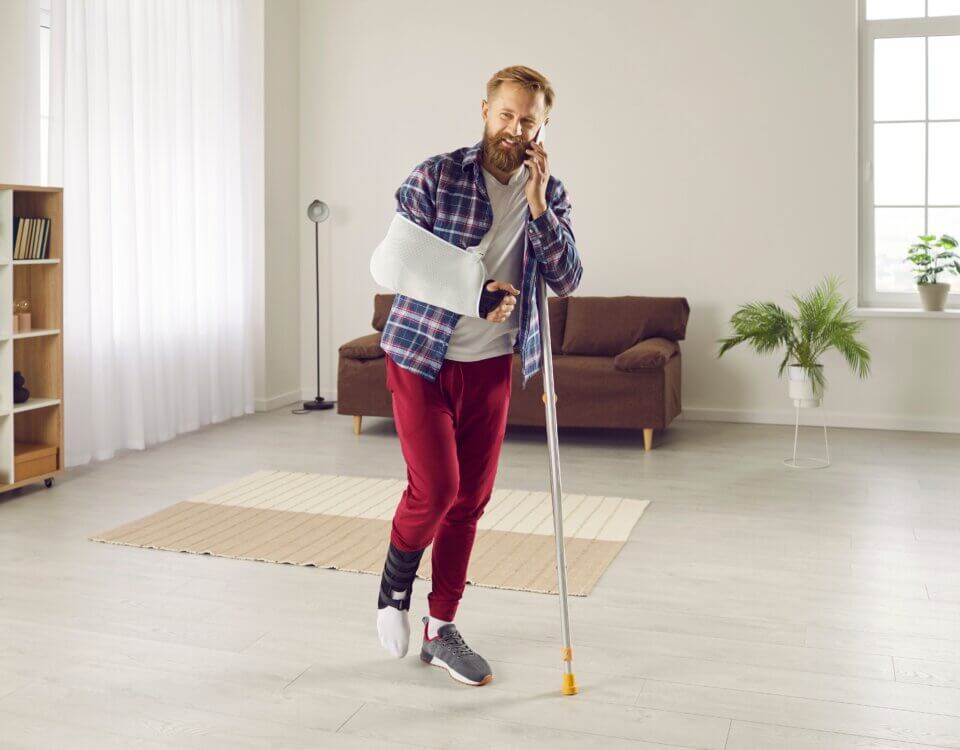Feeling sleepy behind the wheel is dangerous. Driving tired makes reaction times slower, attention weaker, and judgment worse. It increases the chance of a crash dramatically. Below are practical tips to help remain alert while driving and protect your safety.
Before You Start Driving
- Get enough rest. Aim for at least seven hours of good sleep before a long drive.
- Avoid trips during times when your body naturally wants to sleep, such as after midnight or in the early morning hours.
- Plan your route in advance and include rest breaks every two hours or so.
What to Do While Driving
- If you feel tired, stop driving as soon as possible. Find a safe place to pull over and take a short nap of 15-20 minutes.
- Use caffeine wisely. Coffee or another caffeinated drink can help temporarily, but don’t rely solely on it.
- Keep fresh air circulating. Open windows or use air conditioning to stay cool, since heat makes drowsiness worse.
- Engage your senses. Listen to lively music or audiobooks, roll down the windows occasionally, and adjust your seat or posture to avoid getting too comfortable.
- Switch drivers if possible. Having someone else share driving duties helps you rest and reduces fatigue.
Warning Signs to Watch For
You may be about to doze off if you:
- Frequently yawn or blink a lot
- Drift across your lane or onto rumble strips
- Have trouble keeping your head up or feel your eyelids getting heavy
- Forget the last few miles driven or miss an exit
- Feel disconnected, spacing out, or notice wandering thoughts
What to Do When You Notice Sleepiness
- Pull over safely and take a rest or nap. Even a short one can restore alertness.
- Avoid heavy meals or high sugar foods just before or during driving; they can lead to energy crashes.
- If you take medications that cause drowsiness, check warnings or talk with a doctor about how they may affect you when driving.
- Stay hydrated and eat small nutritious snacks to maintain steady energy.
How Hillstone Law Can Help
If you are involved in an accident where fatigue or sleepiness may have been a factor, Hillstone Law can help you review the circumstances, gather evidence such as driving logs or witness statements, explore liability (including whether another party had a duty to prevent hazards), and seek compensation for injuries, damages, lost wages, and more.
Note: These blog posts are created solely for the use of Hillstone Law. The information is gathered from internet research, publicly available sources, and artificial intelligence (AI) tools such as ChatGPT. While we aim to share helpful and educational content, Hillstone Law does not independently verify every detail. Some information may be incomplete, outdated, or subject to change without notice. If you believe any part of a post is inaccurate, misleading, or infringes upon copyright, please contact Hillstone Law immediately so we can review it and take appropriate action, including correction or removal.
Disclaimer: The material provided in these blogs is for general informational purposes only and should not be considered legal advice. Reading these posts does not create, and is not intended to create, an attorney-client relationship with Hillstone Law. Our intent is to share knowledge, raise awareness, and provide helpful resources to the public; however, Hillstone Law makes no warranties or guarantees about the accuracy, completeness, or reliability of the information provided, and expressly disclaims liability for any actions taken in reliance on it. The photos used in these posts are for illustrative purposes only and do not depict actual clients, individuals, or incidents unless expressly stated. If you or a loved one has been injured in an accident, please contact Hillstone Law at (855) 691-1691. Our attorneys are available to answer your legal questions and help you understand your rights.

